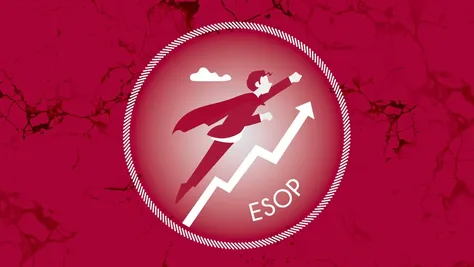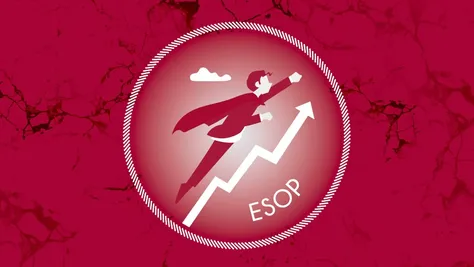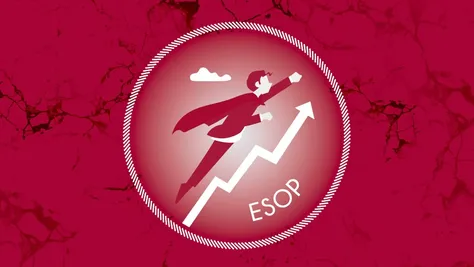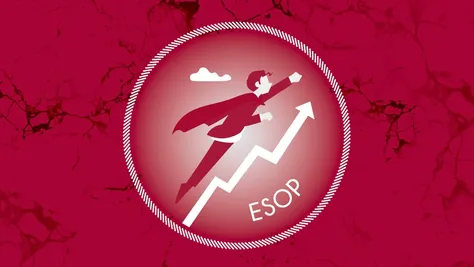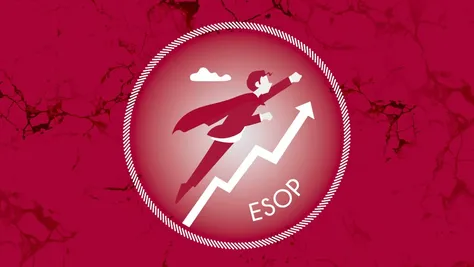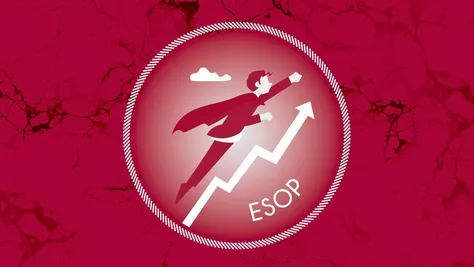My path to law school is perhaps a little unusual, as I was looking for a way to combine my interests in a wide range of disciplines. During my studies, I began to explore my possible career choices and became interested in commercial law. This dynamic, complex and diverse field, full of constant challenges, original solutions and creative use of existing legal institutions, interested me more and more. After graduating, I had a clear idea that corporate law would be my first choice for my future career.
josef.zumr@havelpartners.czArticles by the author
ESOP Myths | Myth #7: ESOPs are not safe
In this post of our series on ESOP myths, we discuss the concerns about the safety of ESOPs for companies and their shareholders. It comes as no surprise that this, too, is merely a myth. ESOPs can encompass enforceable rules and additional mechanisms to ensure their proper functioning and enforceab
ESOP Myths | Myth #6: An ESOP is too expensive
The sixth issue of ESOP Myths will address and dispel the misconception that ESOPs are extremely expensive. The belief is merely a myth. Some ESOP structures can be costly and complex to establish and implement, but certain solutions exist that have relatively low time and financial requirements. It
ESOP Myths | Myth #5: ESOPs do not protect founders and the company from executive departures
Continuing our series of myths about ESOPs, we look at the widespread concern that ESOPs will not protect company founders from sudden executive departures. From our experience, we know that this is in fact yet another myth. ESOPs are a good tool to ensure long-term cooperation and to keep managers
ESOP Myths | Myth #4: ESOP is not a tool to ensure a company’s long-term viability
This issue of ESOP Myths aims to dispel the myth that an ESOP cannot ensure a company’s long-term viability and success after the founder's departure. It’s quite the opposite. An ESOP is a key tool for ensuring a business can continue operating even after its original founder retires or shifts focus
ESOP myths | Myth #3: ESOPs from the incorporator’s perspective – are they really intricate, and will they cause you to lose control?
Incorporators, like anyone else, may perceive ESOPs to be overwhelming, complicated, and intricate, even though this need not be the case. At the same time, more than anyone else, incorporators may be concerned about giving up part of their business to managers and about the perceived loss of contro
ESOP myths | Myth #2: ESOP rules are too complex for managers
In the first part of the ESOP myths series, we focused on the myth that employee stock ownership plans (ESOPs) are too complex from the perspective of founders and shareholders. It is true that the ESOP issue is robust and complex and can feel overwhelming. Shareholders and managers may often believ


